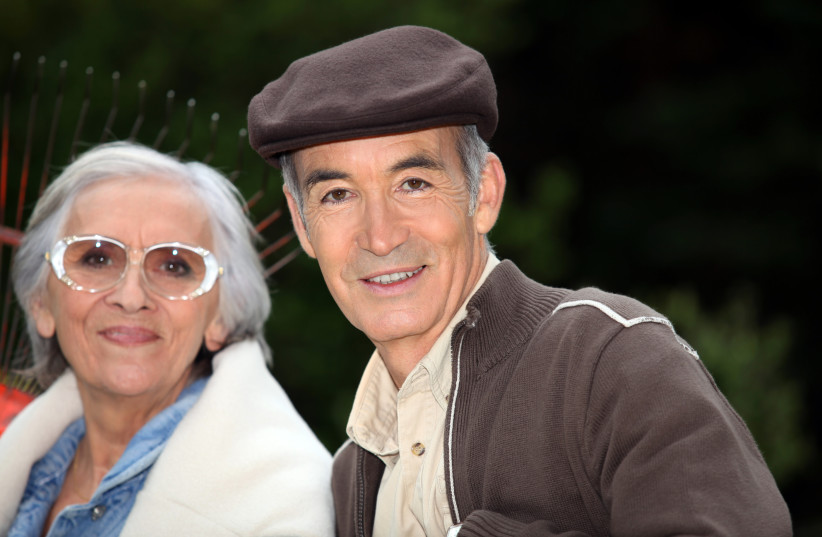There are 309,435 elderly people in Israel who are receiving nursing care and an allowance from the state, while about 55,000 of them are in need of intensive nursing, Israel's National Insurance Institute (Bituach Leumi) recently announced.
The announcement gave an overview of the situation of elderly people in Israel who are in need of nursing care.
Fundamental reforms
"Today there are almost no long-term care insurances in the private sector that will ensure a dignified living for the elderly and this is in parallel with the fact that old-age pensions have not increased significantly over the years, thus the long-term care reform has brought about a fundamental change in our ability as a society to provide assistance to the needs of elderly citizens in Israel," National Insurance Institute Director Yarona Shalom said.
In the year 2018, a reform of the nursing care system went into effect, after a report in 2017 warned of a sharp future rise in the elderly population in Israel, which has one of the highest life expectancies in the OECD.
The reform introduced 6 levels of nursing care and the possibility of assistance for minor nursing situations in order to prevent deterioration.

The reforms have been successful and in the four years since the reform was introduced, it has been found that there was an increase in eligible elderly people receiving assistance. The past two years alone saw 125,000 requests for assistance with nursing care.
The number of people receiving a cash allowance instead of personal care rose sharply in the last years, because of the Covid-19 pandemic.
Today, about 14.5% receive a cash allowance, 57% receive a combined allowance (money and hours of care) and about 28.5% receive service in the form of nursing care.
"Fortunately, the reform led to the fact that the bureaucracy was reduced, an adequate response was given to the various needs of the senior citizens and they were given the option of choosing according to their medical and economic situation," Yarona Shalom said.
